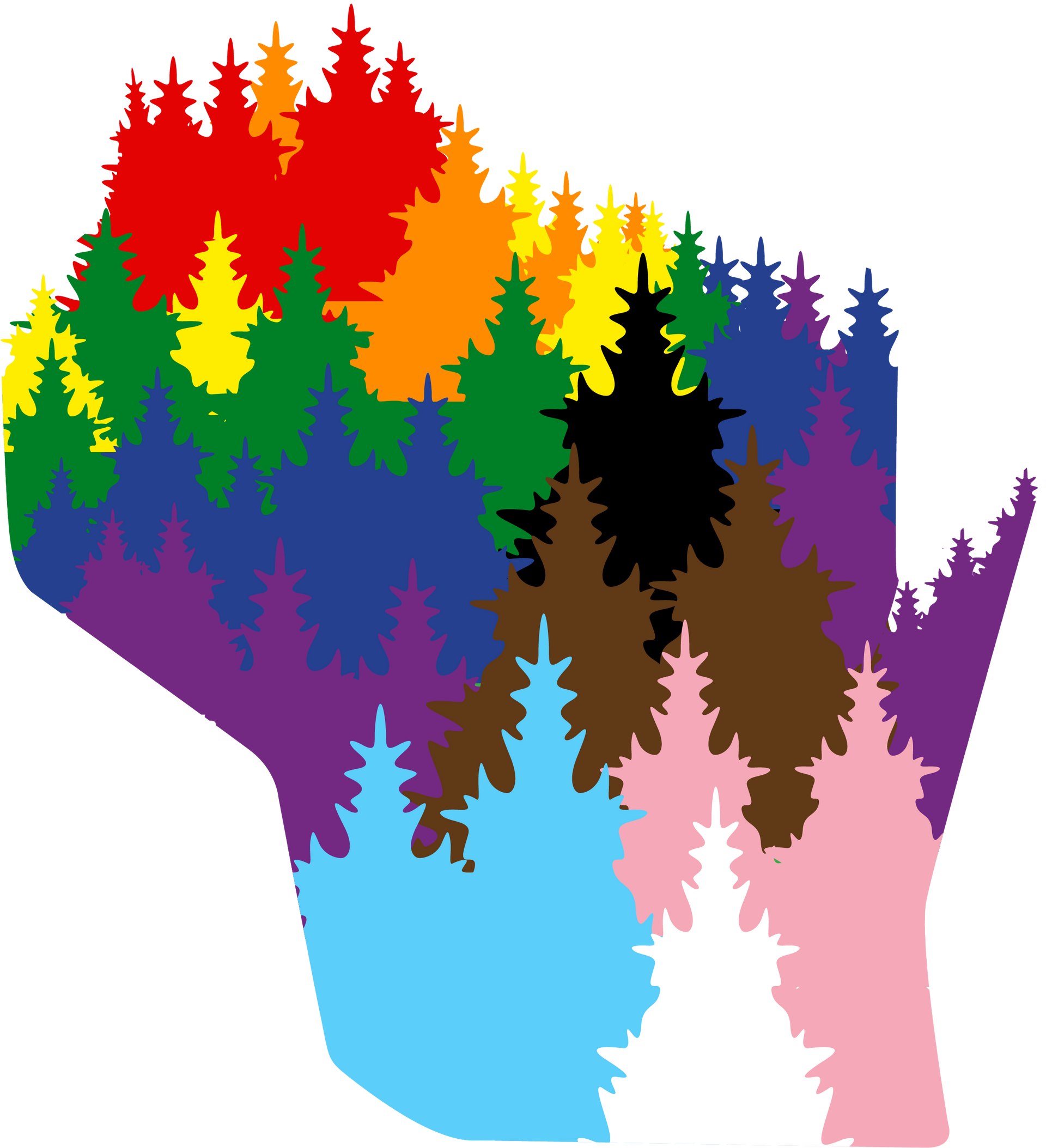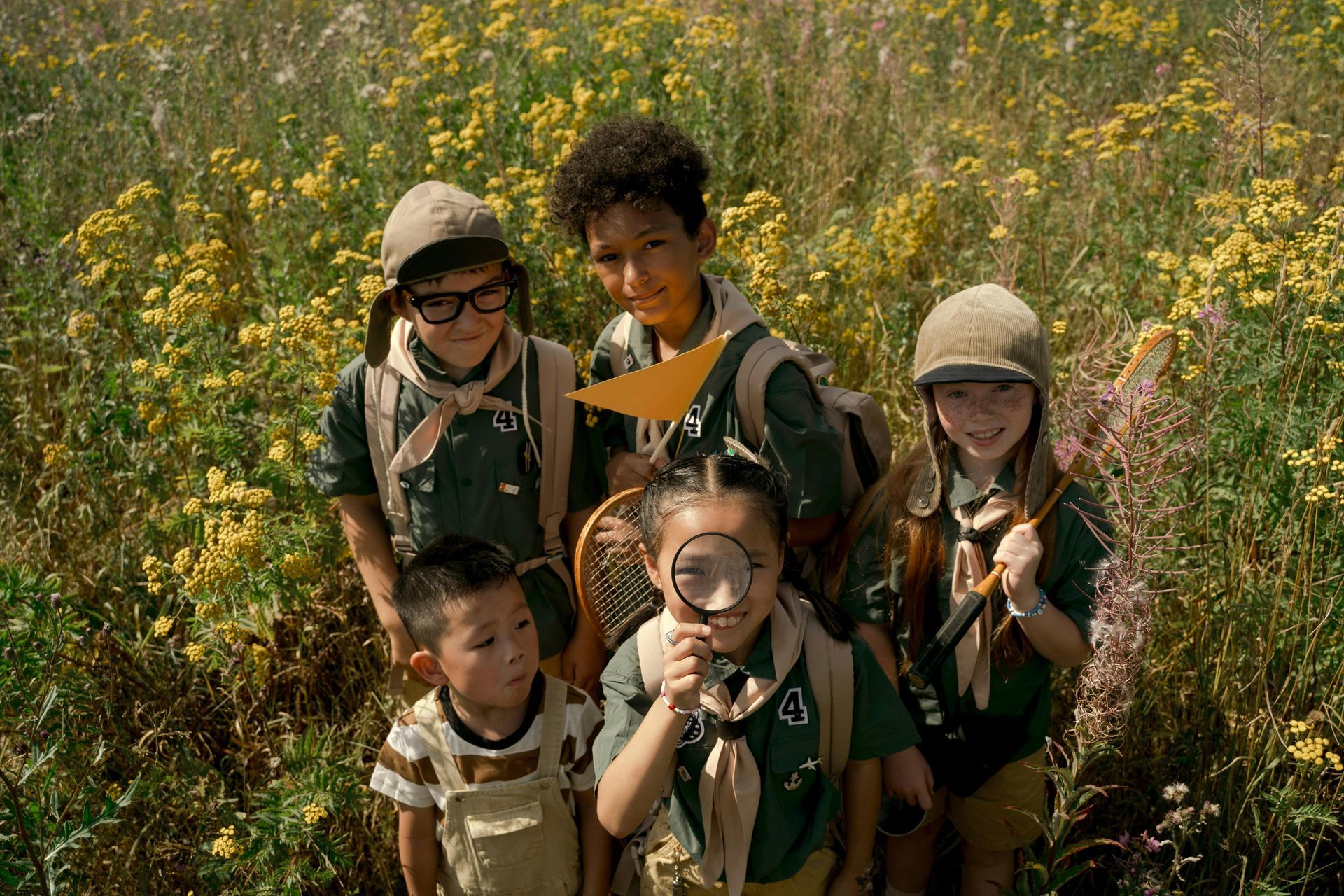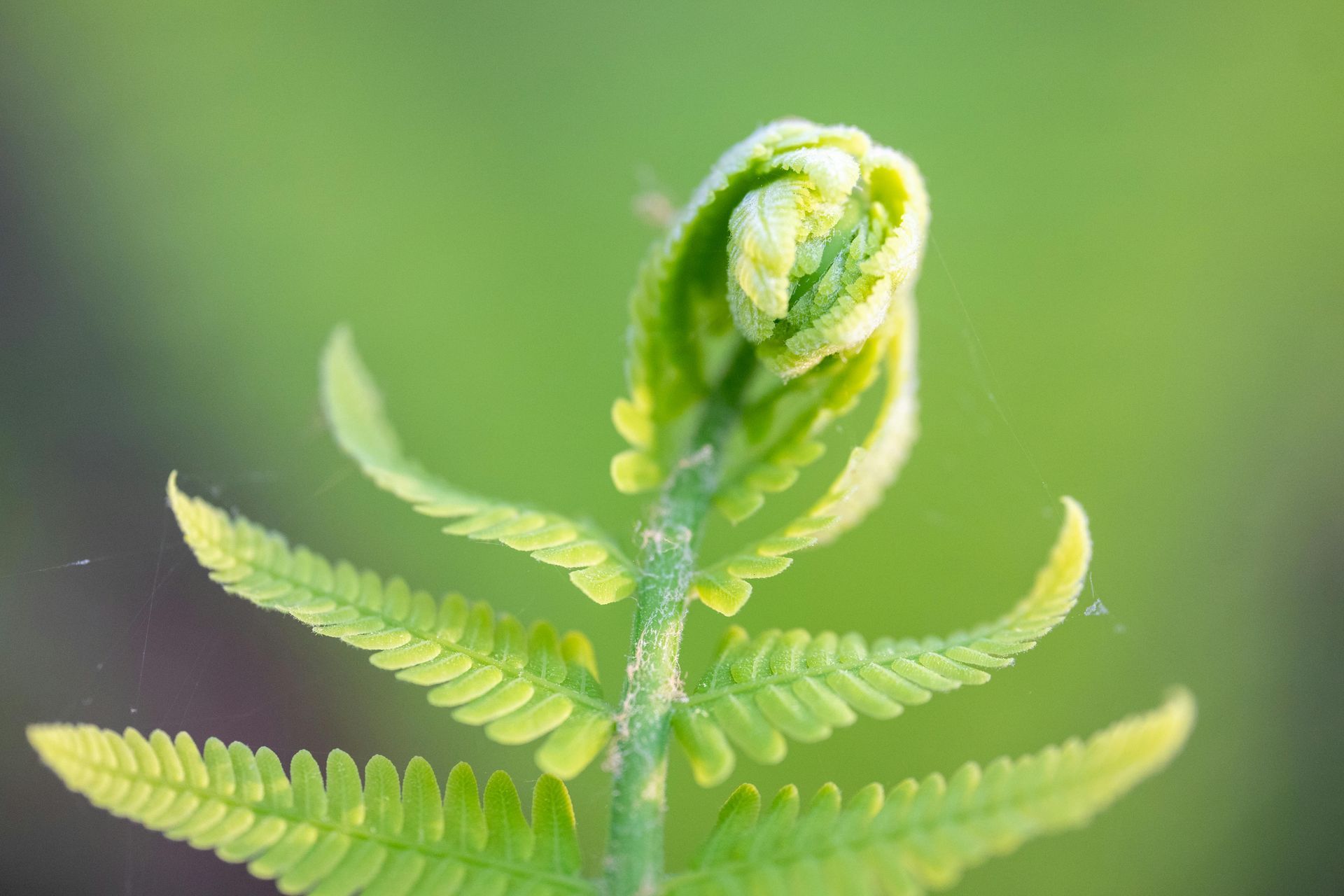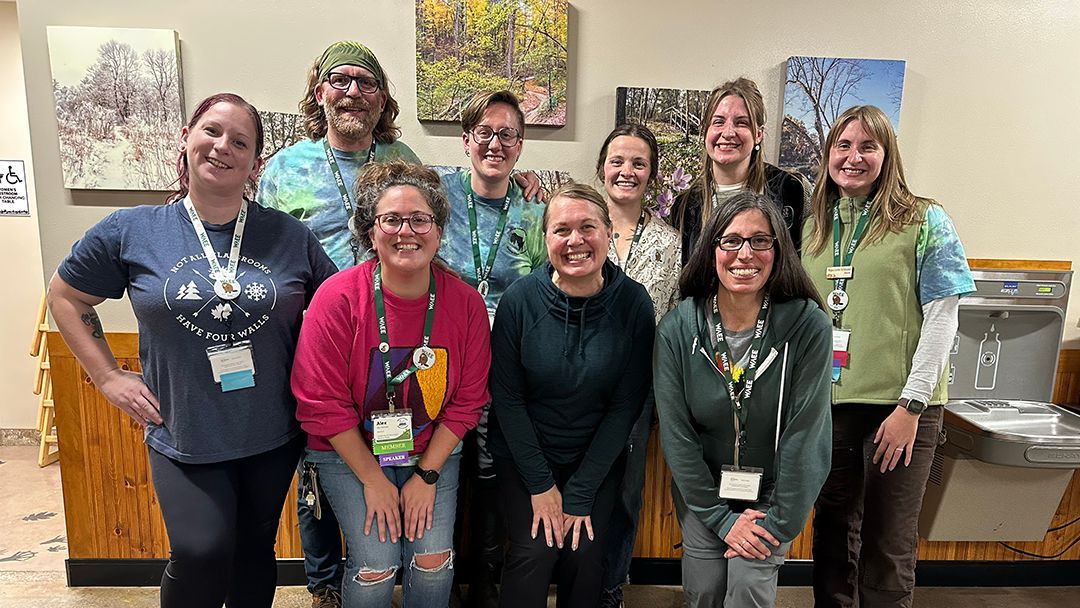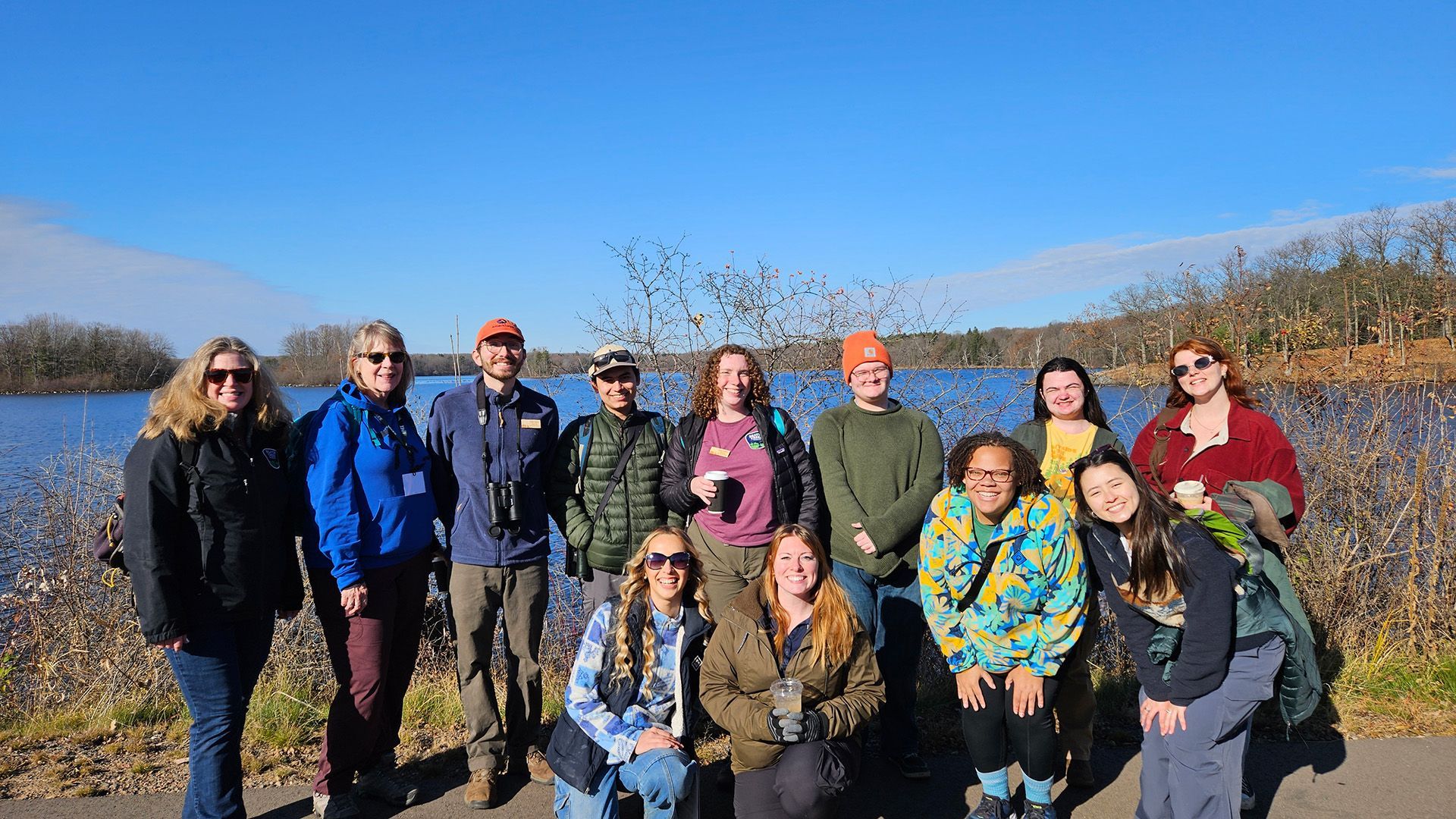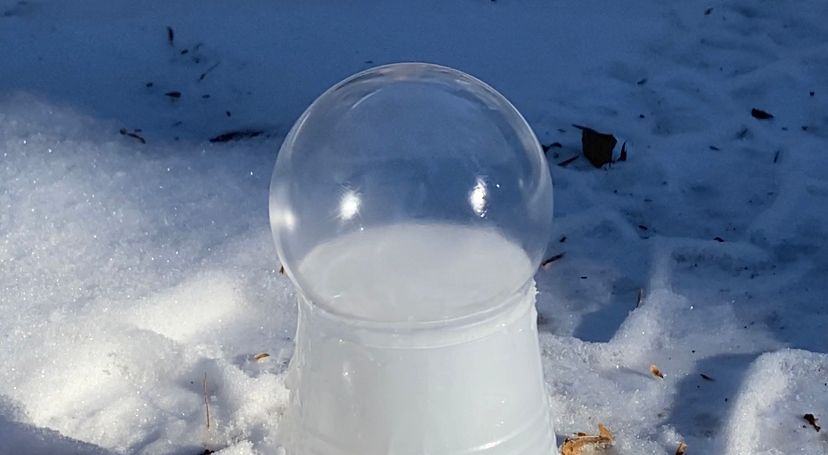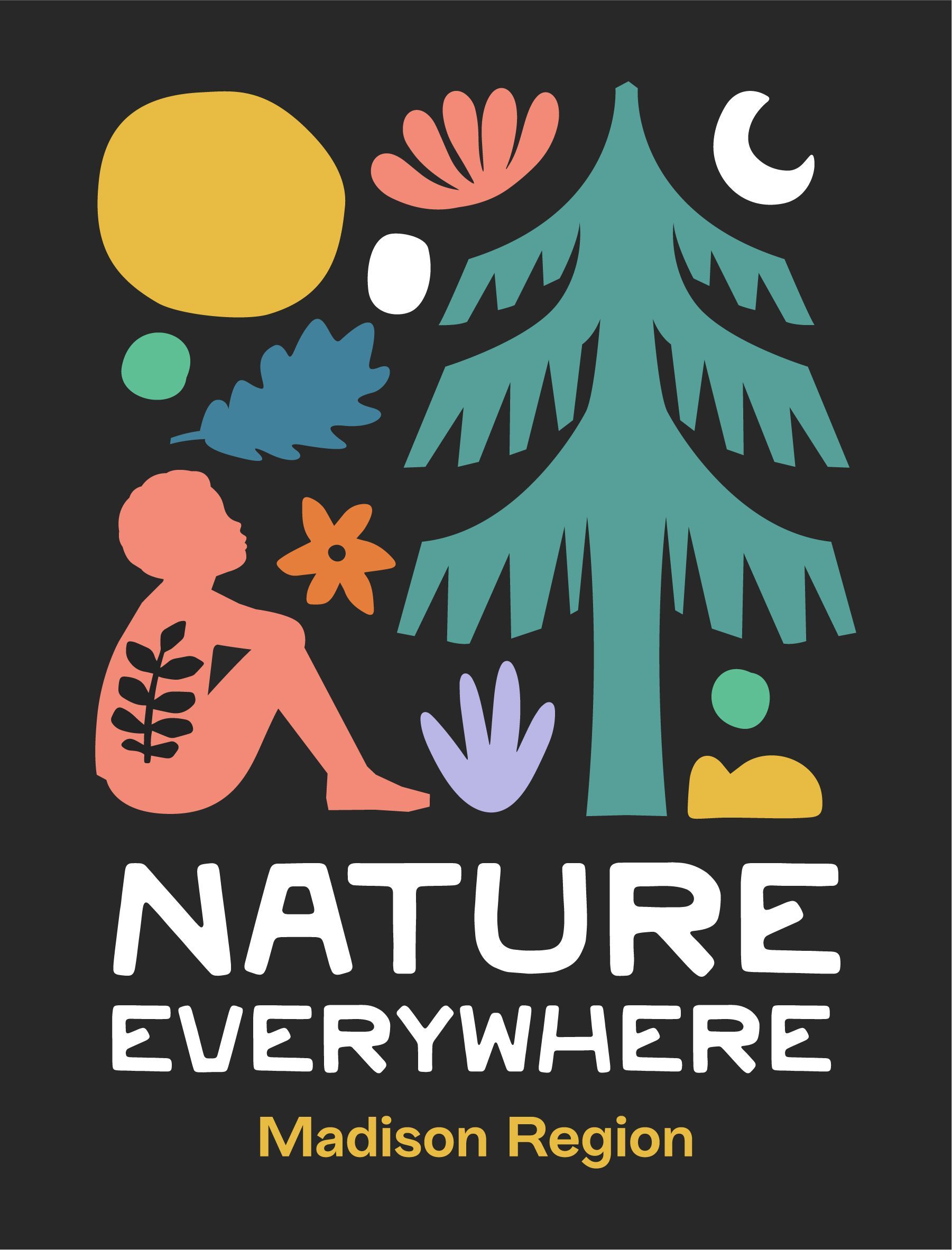Flowing Forward
How Wisconsin Educators Are Using Water to Inspire Outdoor Learning
This summer, Wisconsin felt the weight of water—quite literally. Unprecedented rainfall overwhelmed storm systems, strained infrastructure, and brought flooding to the forefront of community conversations. But even amid the challenges, water has also become a powerful teacher.
Across the state, educators gathered to explore how water can inspire place-based learning that deepens students’ understanding of the environment and empowers them to care for it. Regional events, led by 18 Green & Healthy Schools fellows, used the theme of water to spark meaningful connections between educators, students, and place. Funded by the Departments of Public Instruction and Natural Resources and administered through partner organizations like Wisconsin Association for Environmental Education (WAEE), the events reached nearly 100 educators and generated energy for environmental education at the local level.
Each event offered a unique window into Wisconsin’s diverse landscapes—marshes, rivers, lakes, gardens—and showcased how water education can move beyond the classroom.
From Groundwater to Classroom: Exploring Local Water Issues – Adams and Sauk Prairie
At the Badger Army Ammunition site, educators explored how water moves underground—and what happens when contaminants are carried with it. With guidance from regional fellow Jenna McCann, participants used groundwater models to trace pollution pathways and saw first hand real-world remediation efforts in action. They left equipped to bring this vital, often invisible, water story into their classrooms.
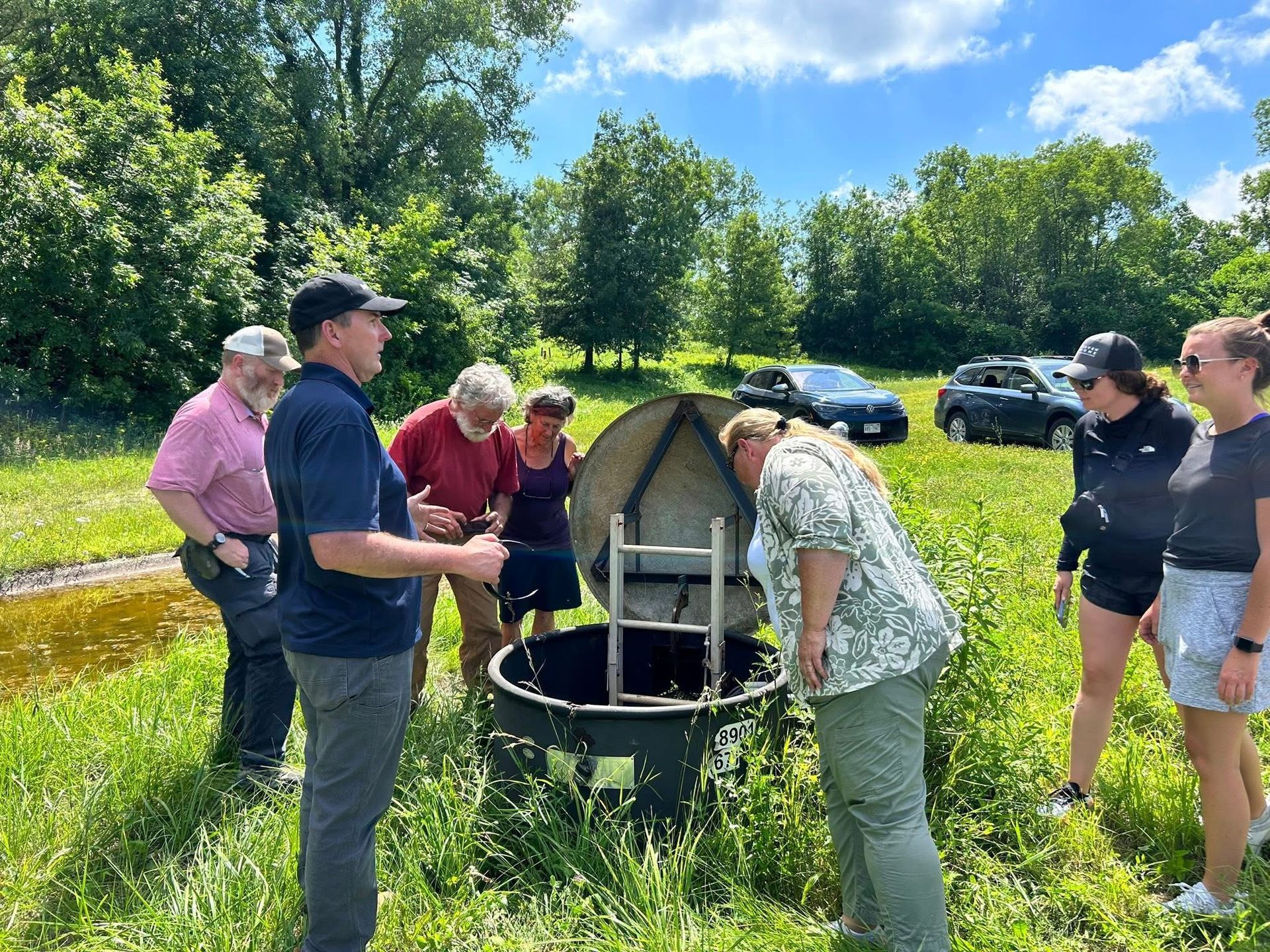
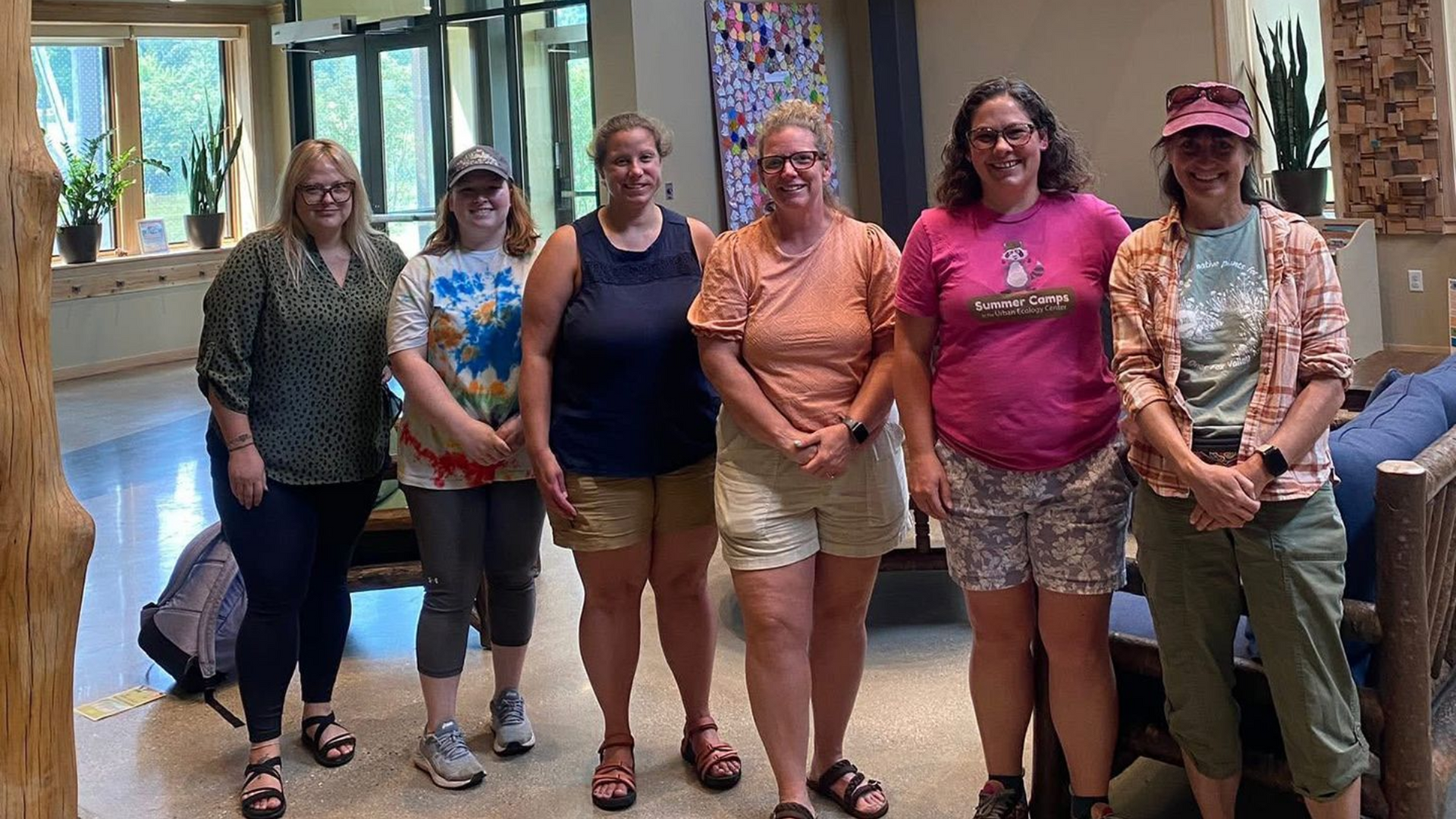
Rooted in Urban Ecology: Bringing Learning Outdoors – Oshkosh
Hosted by Urban Ecology Oshkosh, this four-day experience highlighted how water shapes life in urban environments. From seed harvesting to exploring traditional ecological knowledge, educators connected with water’s role in city ecosystems. Field trips to Milwaukee sparked ideas for turning schoolyards and cityscapes into vibrant places for environmental learning.
Watershed Wisdom – Sheboygan
Educators began the session with an immersive experience in the Sheboygan Marsh and Nicholas Creek Wildlife Area, guided by regional fellows Mike April and Allison Servais. They witnessed water's journey across the land while bird banding, canoeing, and exploring the importance of healthy watersheds. These experiences inspired participants to take their own students outside, offering them real-world lessons in ecology, migration, and hydrology.
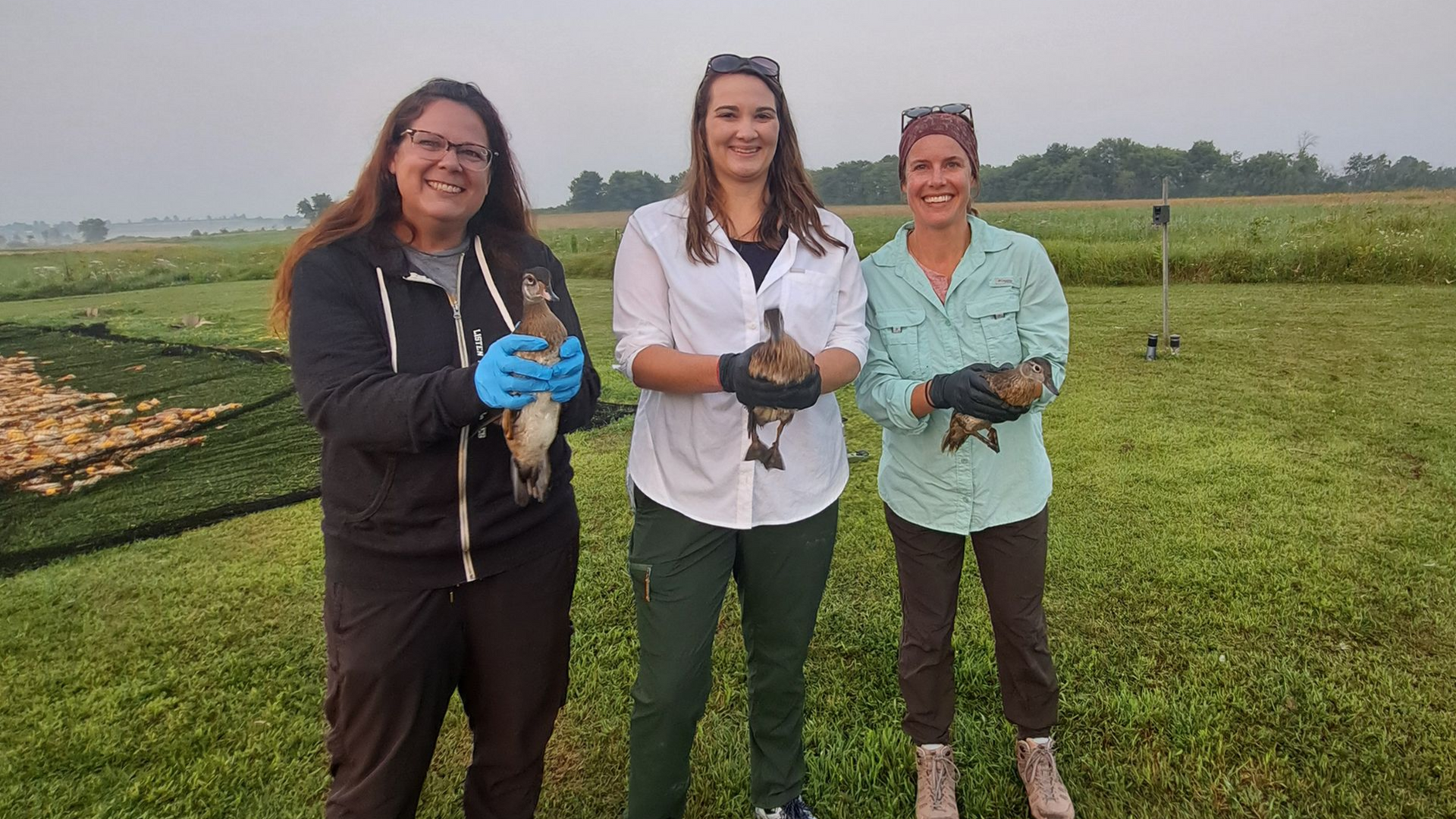
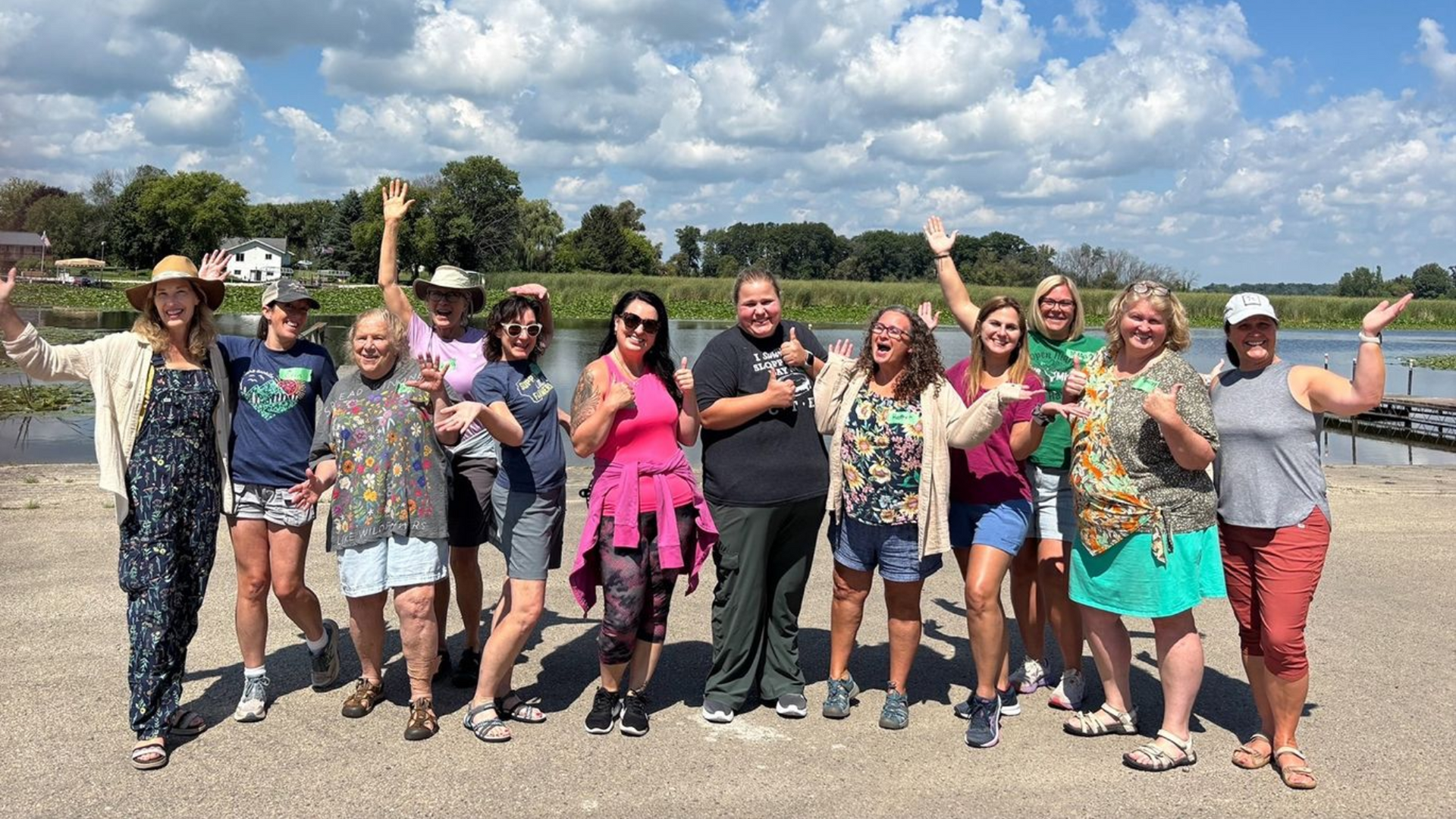
Land and Lake, Make and Take – Fox Lake
Led by Sandy Benton of Field Edventures, this workshop encouraged educators to grapple with the real impacts of pollution and stormwater runoff. Using place-based learning techniques, educators assessed the health of the Fox River and designed practical solutions, from buffer zones to anti-littering campaigns and road salt alternatives. Participants left not only with classroom-ready materials but with a renewed sense of purpose to protect the waters their students call home.
Learning Outside with Project WILD and Aquatic WILD – Janesville
At the Janesville Schools Outdoor Laboratory, participants gained Project WILD Educator Certifications and explored hands-on activities available in the Project WILD and Project WILD Aquatic Guide. Then took their learning to the field exploring stream monitoring parameters, prairie ecosystems, and more.
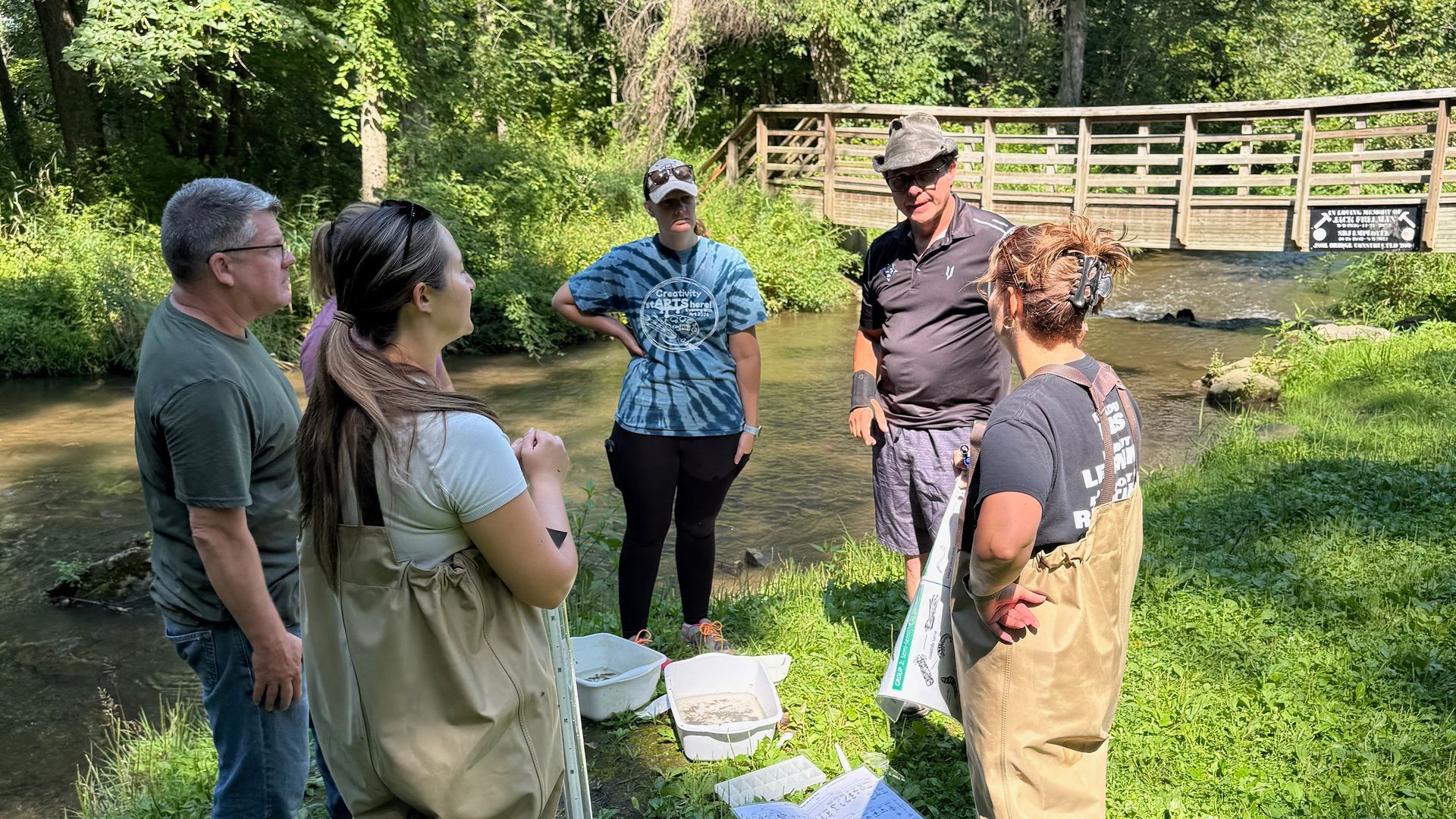
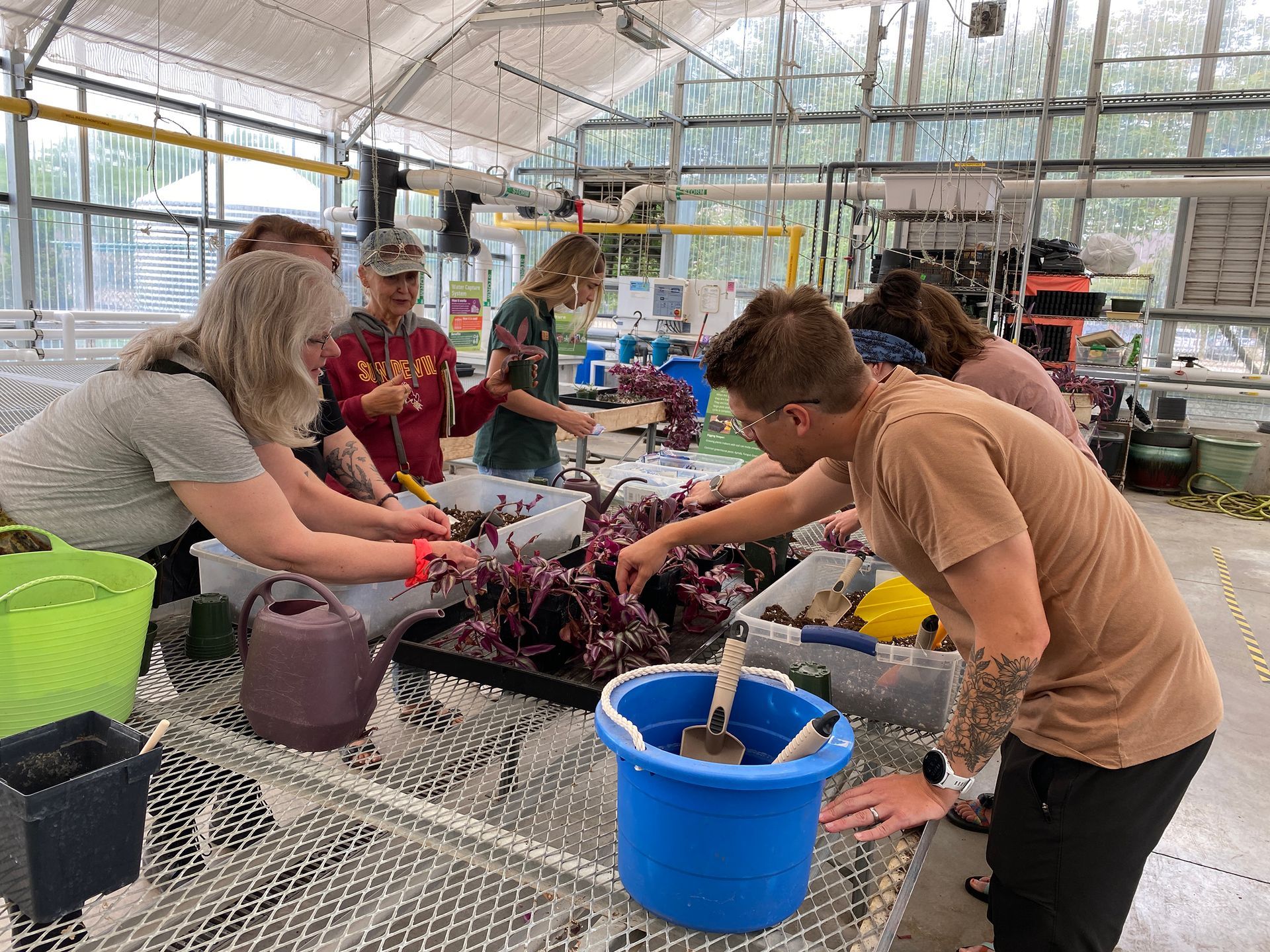
Outdoor Exploration Series – La Crosse
In La Crosse, Dr. Jan Wellik hosted two events that emphasized the intersection of food, water, and place. In partnership with GROW La Crosse, early childhood educators explored how gardens and greenhouses can become vibrant outdoor classrooms. At Norskedalen, teachers reconnected with the forest through reflection and sensory-based activities, finding new ways to bring curriculum outdoors.
Waters that Teach – Green Bay
Educators in Green Bay took to the bay itself, joining regional fellows and the New North organization to explore local water restoration efforts. Between expert lightning talks, sailing trips, and hands-on demonstrations, participants discovered how environmental science and community engagement can flow together. The event offered actionable tools and plenty of inspiration for bringing those lessons back to the classroom.
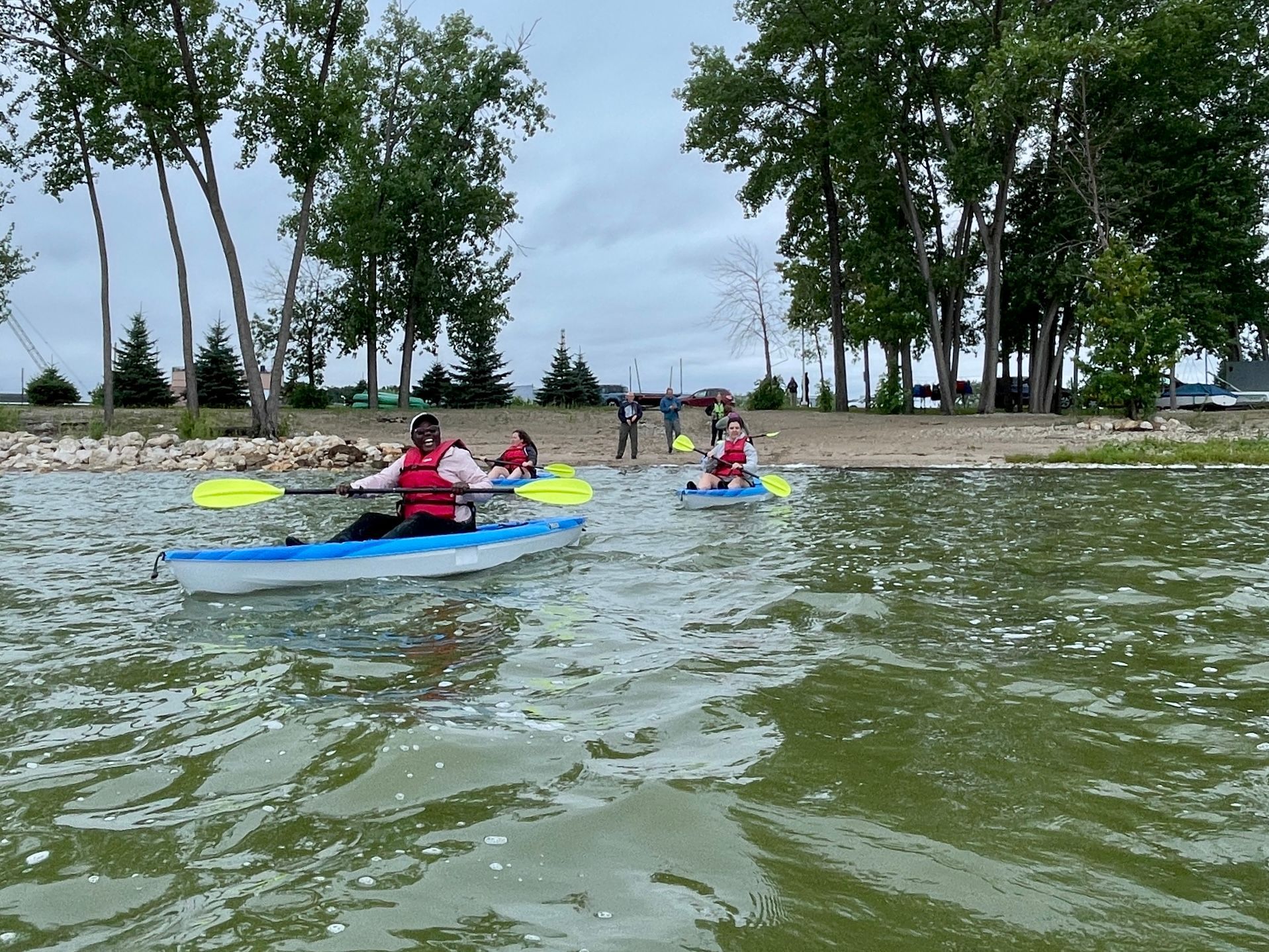
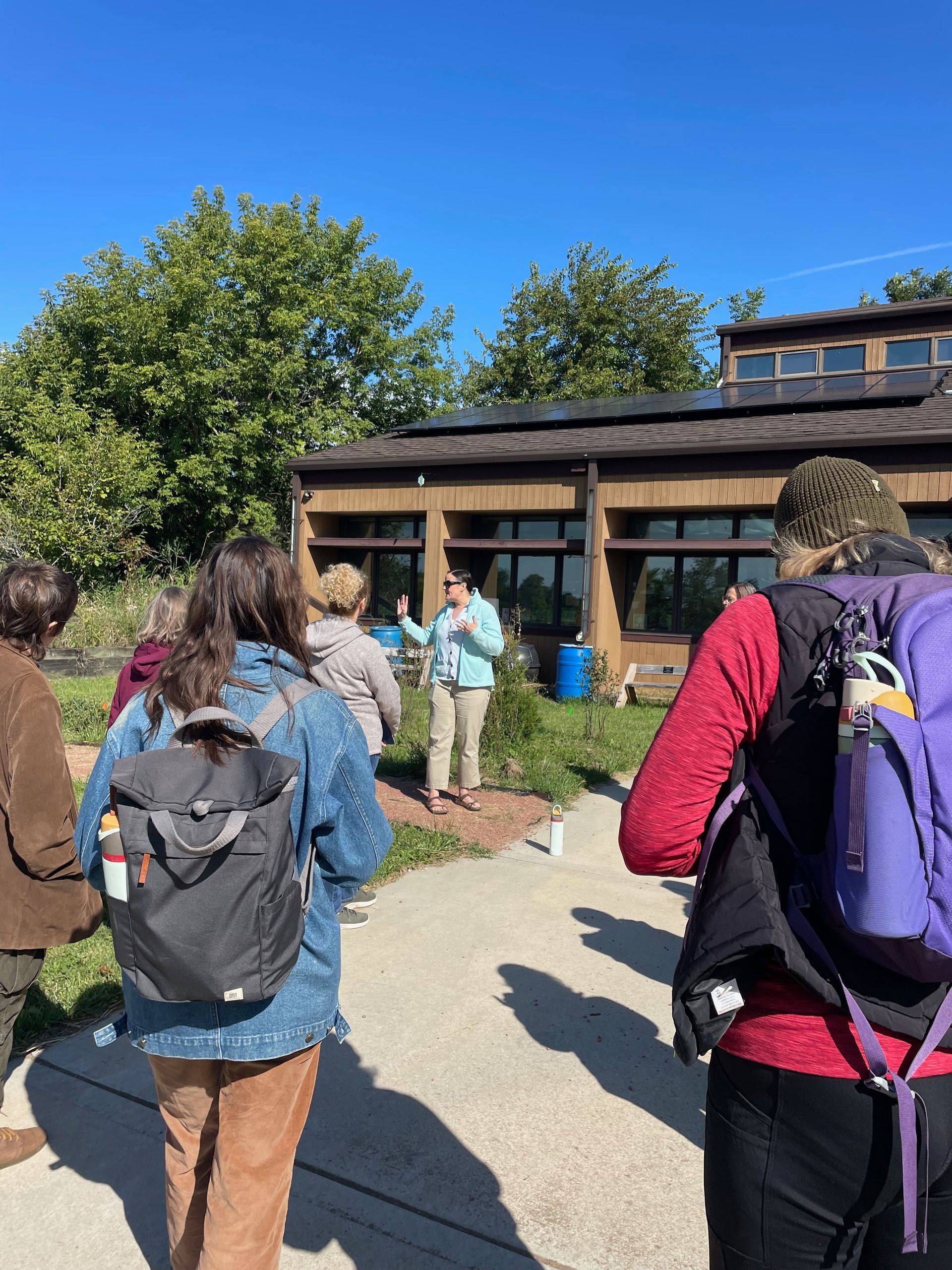
Urban Forests and You—Milwaukee
K-5 educators gathered at Havenwoods State Forest to explore ways to engage your students with nature in urban forests! Participants received tree lesson kits worth over $60 to bring lessons back to their school! Did you know that trees help with water in urban settings? If you weren't able to attend, you can hear more about how trees help with flood control in an previous Green & Healthy Schools webinar with our partners at LEAF!
One message is clear: water is more than a topic—it’s a pathway. A pathway to place-based learning, to outdoor exploration, and to helping students understand the systems that sustain life in Wisconsin.
Want to join the current?
Engage in new tools and techniques for teaching students about trees, city ecosystems, and community resilience. To stay in the loop about future events, sign up for the
Green & Healthy Schools newsletter.


